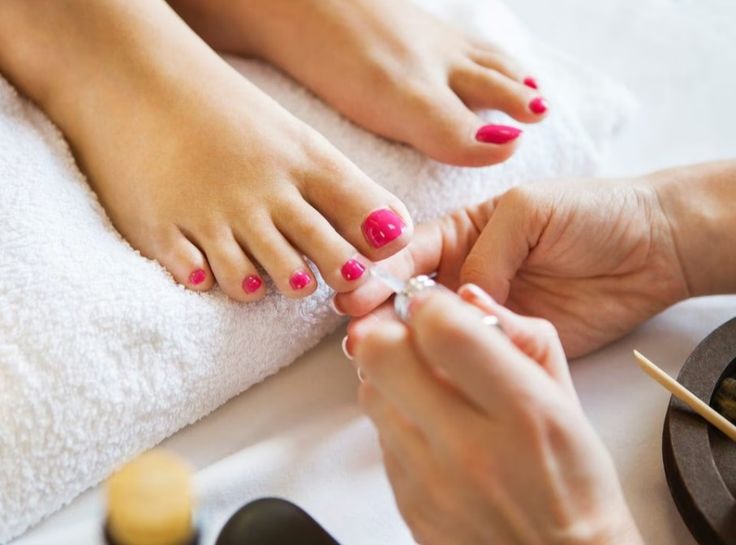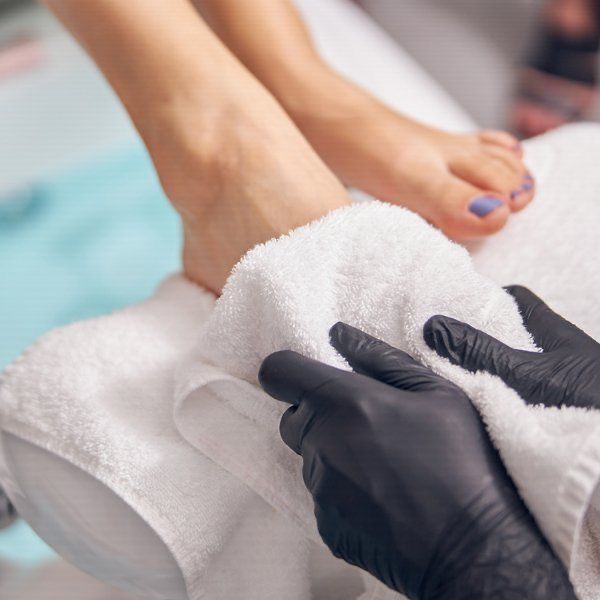
Foot Health And Aging, Picture this: gelato in hand, you’re 85 years old, walking down a lovely cobblestone street in Italy. Life is good, until suddenly a piercing pain rushes up your foot. Walking is no longer a joy but a terrible struggle because you have flat feet.
This situation is not as improbable as it seems. One of the best indicators of longevity is not just heart health or diet but also movement. Your ability to move easily and without discomfort enables you to remain active, social, and independent well into your older years. And what about the core of mobility? Your foot.
Aging gracefully is about keeping function, not only about wrinkles and memory. What’s the good news? A few sensible, scientifically supported techniques can help you maintain your feet (and the rest of your body) in optimal condition, ensuring your mobility, comfort, and preparedness for any experiences life presents. Start now!
Your feet are biomechanical marvels. Designed to support your weight, absorb shock, and propel you forward, they have 26 bones, 33 joints, and more than 100 muscles, tendons, and ligaments. However, just like any other body part, feet wear down with time, especially if ignored.
For elderly people, falls are a key risk factor. Poor foot health causes instability, which makes falls more likely.
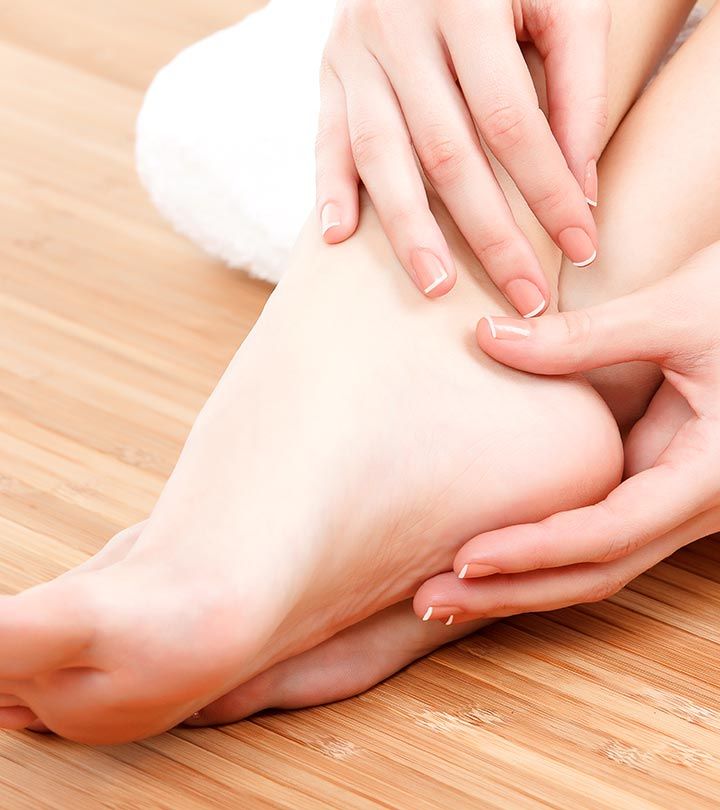
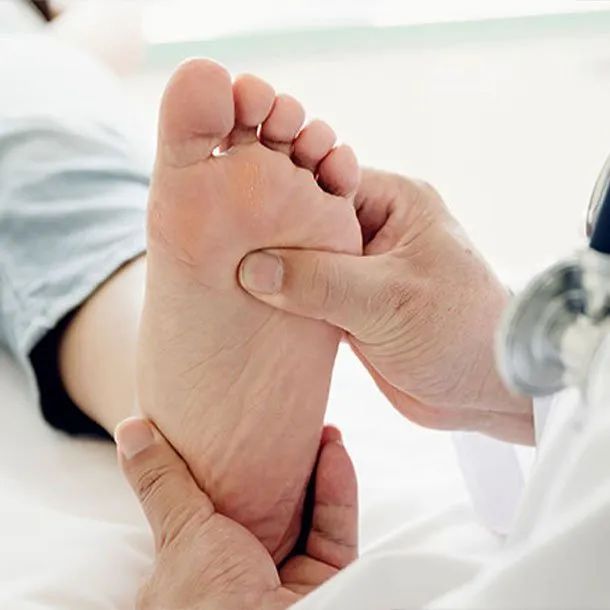
Give good shoes in the first place
Foot Health And Aging, Wearing the incorrect shoes is similar to sleeping on a bumpy mattress every night; it will exhaust you. Your feet alter as you get older. Arches could collapse and ligaments lose suppleness, so comfort and support become more crucial than ever.
Maintain nail care and foot hygiene
Foot Health And Aging, Often neglected in personal hygiene practices, feet are actually fertile areas for bacteria and fungus. Maintain cleanliness, dryness, and excellent condition.
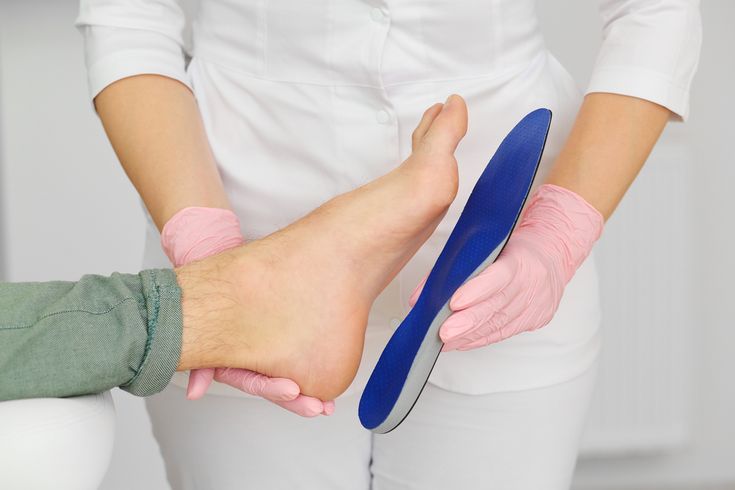
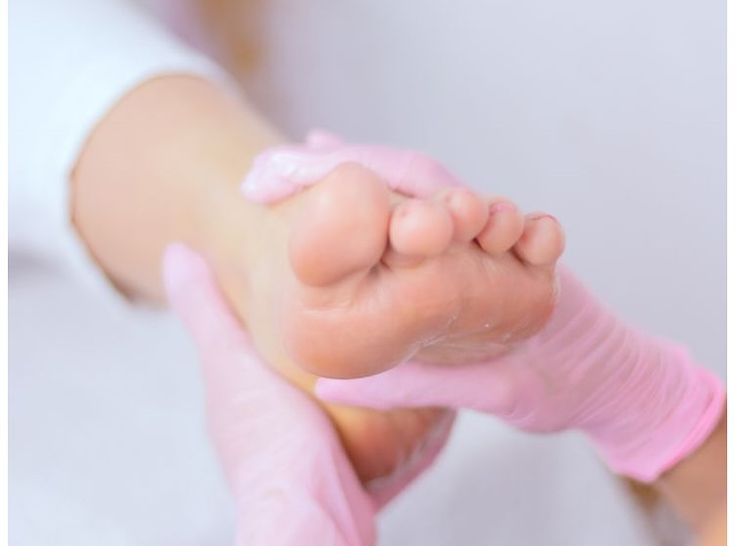
Strengthen and Stretch Your Feet
Your feet require a workout just like any other muscle group. Easy strengthening exercises and foot stretches can help prevent injuries, lower discomfort, and enhance balance.
Bonus: Research indicates that exercises to strengthen the feet can greatly enhance stability and lower the risk of falls.
Take care of your usual foot issues first
Foot Health And Aging, Neglecting minor foot concerns now could cause larger mobility problems later. Here are typical foot issues connected to aging and how to handle them:
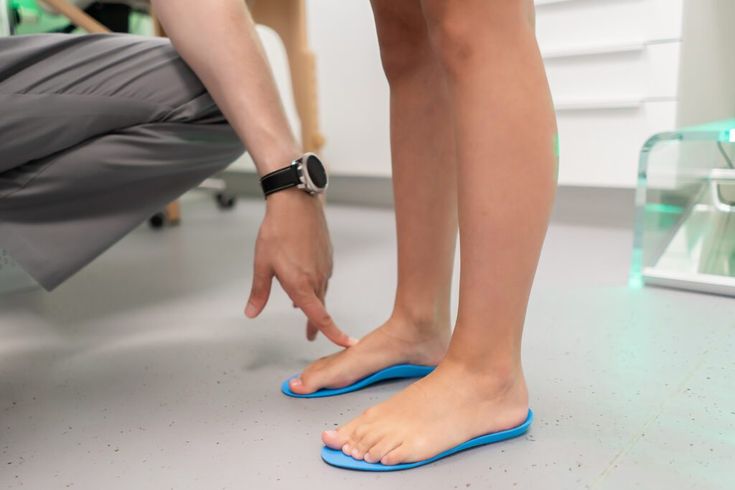
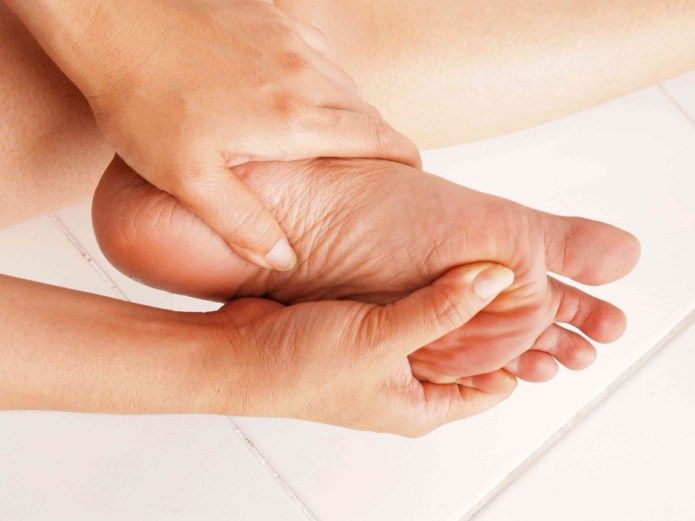
The effects of foot health on general longevity
Your entire body depends on your feet; they don’t exist in isolation. Foot discomfort can start a chain reaction when it restricts your mobility:
Foot Health And Aging, Aging properly is not only about outside care; what you eat is critical for maintaining the strength and resilience of your feet. Here are some vitamins that support foot health:
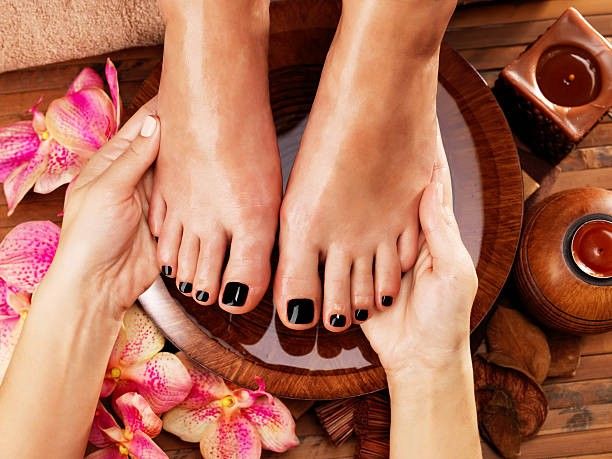
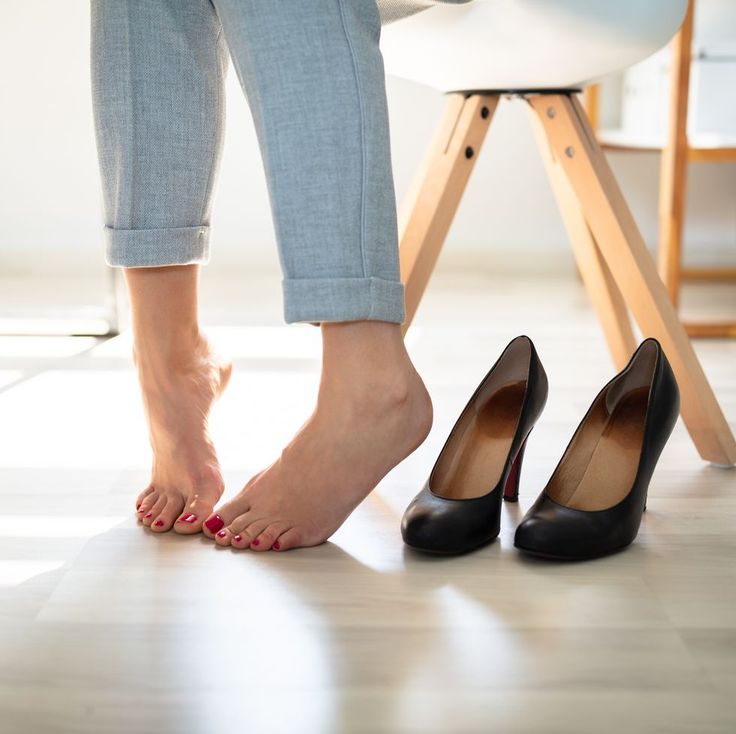
Some foot problems call for professional treatment rather than at-home care. Persistent discomfort, numbness, swelling, or skin color changes should prompt you to consult a physician. Regular podiatrist visits can identify possible problems early, therefore avoiding long-term consequences.
Just as frequent eye checkups assist in maintaining vision, foot care guarantees you remain active and independent for years to come. Consider a podiatrist as an investment in your future mobility.
Your feet literally carry you across life. Investing in your future mobility, independence, and well-being requires giving them the care they deserve.
Begin modestly. Get rid of old shoes. In the morning, stretch your toes. Consume meals that fortify your bones. These small, daily activities will add up to ensure that when you’re 85, you’ll still be walking around Italy with gelato, enjoying every inch of the road.
What, then, is your next move toward improved foot health? Your future self will appreciate it!
